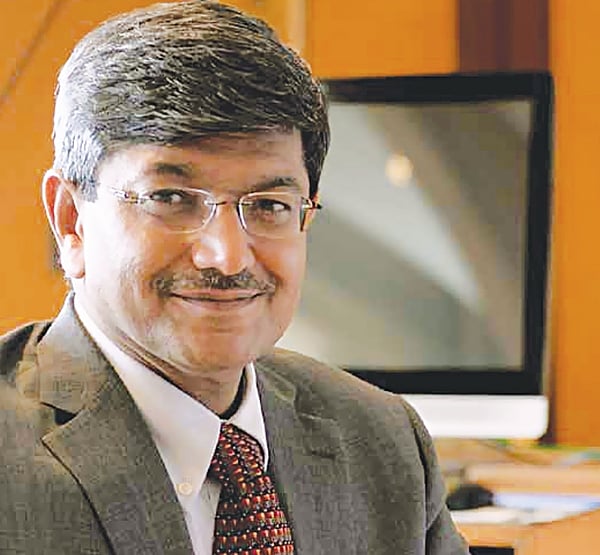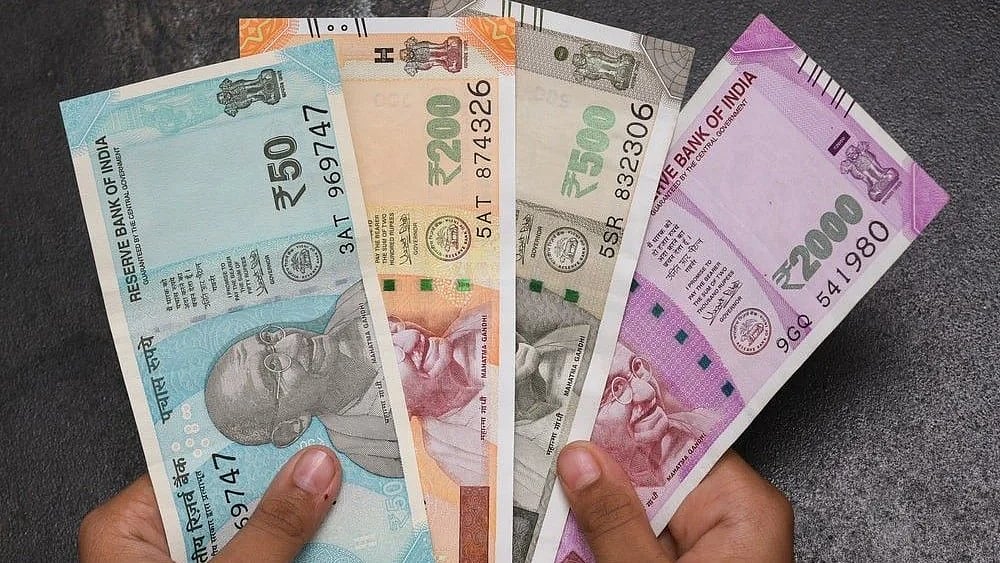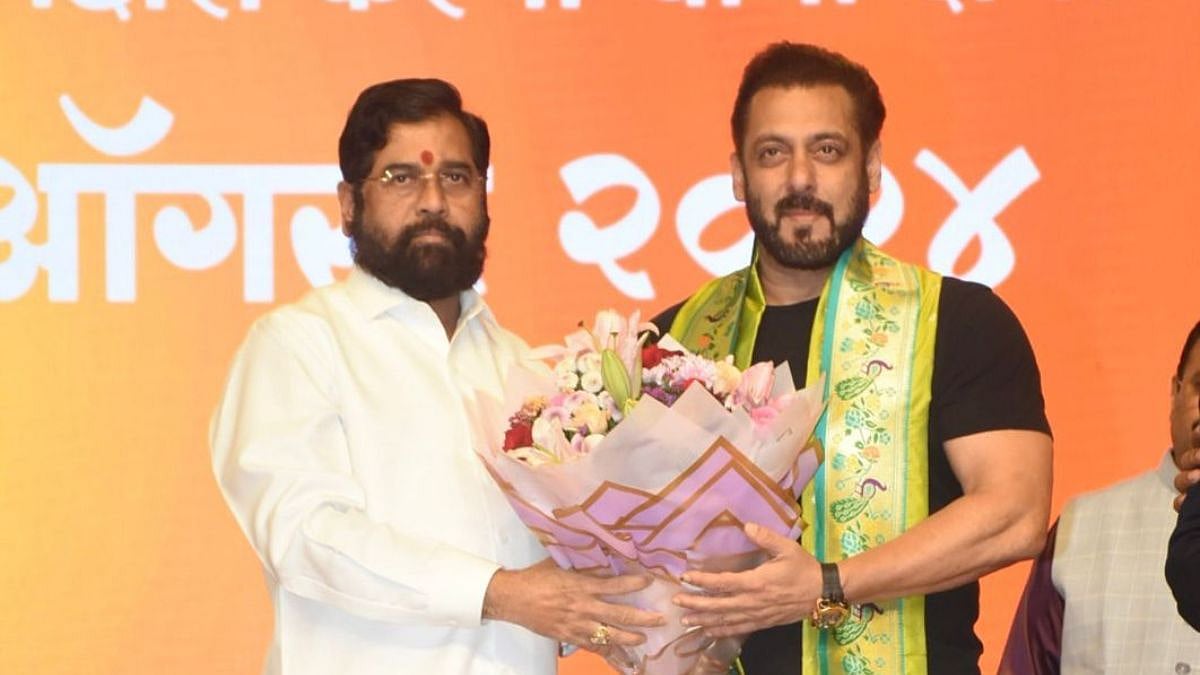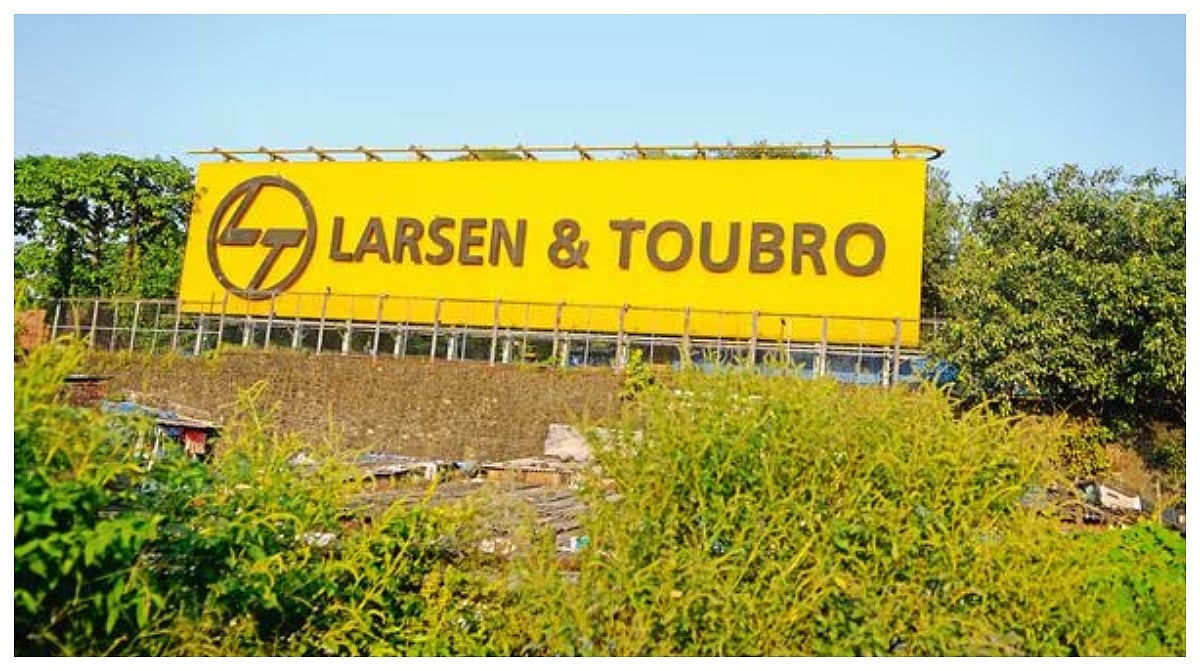Gurdeep Singh, CMD, NTPC in a chat with Pankaj Joshi and R N Bhaskar, discussed sectoral perspectives and company plans.
Edited excerpts:
Is your thrust on renewable power still as vigorous?
Will its consistent increase in your total capacity continue? Definitely. We are looking at solar as a key contributor to our overall portfolio of assets. One major initiative on the anvil is creating an ultra mega solar project.
The total generation from single-location capacity is being envisaged at 5,000 MW. Sites are being shortlisted in the Kutch region of Gujarat and Rajasthan.
This project capex would be around Rs 4 crore per MW, which means an aggregate capex outlay of Rs 20,000 crore. For this kind of investment outlay, we may invite other people to contribute to the project cost.
An external entity could make investments in solar assets and generate power, which it could sell either to NTPC or sell outside on bilaterally agreed terms. The contours are still being worked out, but this is definitely one of the priority capex initiatives for the company.
The technology we would prefer relates to photovoltaic cells, which is existing, proven and is seeing good cost rationalisation. This is a huge step in the perspective of solar energy in India.
NTPC is considering setting up 5,000 MW solar energy project at a single location. It speaks a lot both about how India has taken giant strides in this field and how NTPC has recognised the importance of this energy source in its own activity profile.
India today has around 80 GW renewables capacity and the plan is to get to 175 GW by 2022. Within that, solar is expected to be around 100 GW. As a form of energy, storage is key for renewables to have increased penetration and greater market share.
Here we must understand that, for the foreseeable future, coalbased power generation will remain the key supply source but renewables would see a gradual rise in share.
Where do you see your activities in the larger context of the sector?
You would appreciate that NTPC has an approach which is definitely profit-oriented but not profit-centric. We are part of a larger vision - that people of the country should get 100 per cent access to power, and that NTPC should play an active part in it. This vision can be divided into three parts. First is availability, which means adequate generation of power.
Second is accessibility, which means connectivity as well as regular supply of quality power. Connectivity is now 100 percent complete, and there state authorities play a great part in the execution. Last is the affordability aspect.
As access gets complete, demand will rise and average costs will decline. In terms of execution, we continue to progress in both capacity enhancement and operations. Last year we added 2,180 MW across our own units and joint ventures, taking that capacity to 55,786 as of March 2019.
The target for the current year is 5,290 MW. Overall we would be getting 18-19 GW onstream over the next 36-42 months. NTPC has a 15 per cent of the country's total installed capacity, and a market share of 22 per cent in power generation.
Our plant load percentage factor was 76.81 against the all-India average of 61.07. With an aim to provide solution to the problem of waste, we are exploring conversion of waste to energy initiative.
We have entered into an agreement with Eastern Delhi Municipal Corporation (EDMC). Under this agreement, a capacity will be set-up to generate energy from conventional inputs or from waste.
The corporation will supply the land and their responsibility is to deliver the waste at the doorstep of the plant, and to purchase all the energy generated from the project on a cost plus basis.
This is the practice followed in many countries worldwide and can take off on a large scale in India. The purpose, of waste conversion to energy, has to be defined - whether this is being done for resolution of a problem, or being done with commercial calculations in mind.
By and large, this activity becomes a solution to waste management issues and hence local bodies must understand that this activity must be benchmarked to their other waste management options. If they need to pay the waste processor, it should not be a mental deterrent.
Where do you see the regulatory role in actualisation of this vision?
Quite a few places. For instance, the ministry has come out with a policy for standardised solar module equipment, which is very well thought-out and comprehensive.
Laying down standards for equipment is necessary and beneficial. We believe rooftop solar is the way to go, where everyone is a prosumer (producer and consumer). This however means a fragmented market and how much opportunity such a market represents for NTPC is a separate discussion.
The implementation of the Security Constrained Economic Despatch (SCED) is another positive for the sector, because it has helped optimise the despatch of the generation resources at inter-state level. Other noteworthy development is certain state discoms are being downgraded for non-payment of power dues.
Another matter is that the Union minister of Power recently declared that state discoms must open a LC (letter of credit) in favour of the power generator. Thus irrespective of whether the state provides a subsidy to certain constituents or not, someone has to pay the generators.
This guarantee must be given in advance. Our view as a generator is that state governments may, as a policy, distribute free power but someone must pay the company who generates the power, then only can this activity sustain.
This is a shift of thought that the sector requires. In this regard, the new policy initiative, where a discom cannot draw power from the grid without opening a Letter of Credit, is another welcome move because it brings discipline to the grid offtake.
The focus on smart meters is likewise another positive move and if those can be made prepaid, then a lot of discom collection issues will be resolved. Discoms on their part have to be made accountable for their activities, especially their duty to supply quality power. Penalty clauses for non supply of quality power should be enforced.
Another shift, specifically from the side of the power generators, is to stop relying totally on power purchase agreements. We at NTPC will definitely be exploring the merchant market as a matter of principle, rather than being happy with the mental comfort of PPAs in place.
Overall, we believe that the real shift is that the consumer accepts electricity as the best power option. Cooking, transportation - if these shift to electricity then the demand will rise manifold and cost rationalisation would be inevitable, which would benefit all. The average annual per capita consumption today is 1,180 units and this could reach anywhere between 3,000-4, 000 units









